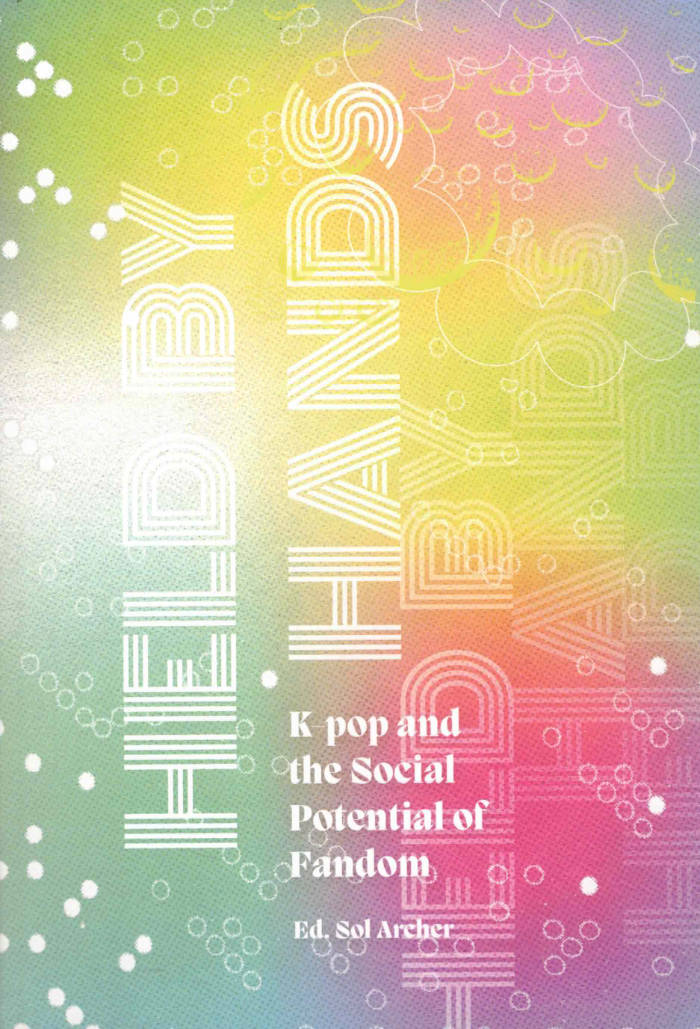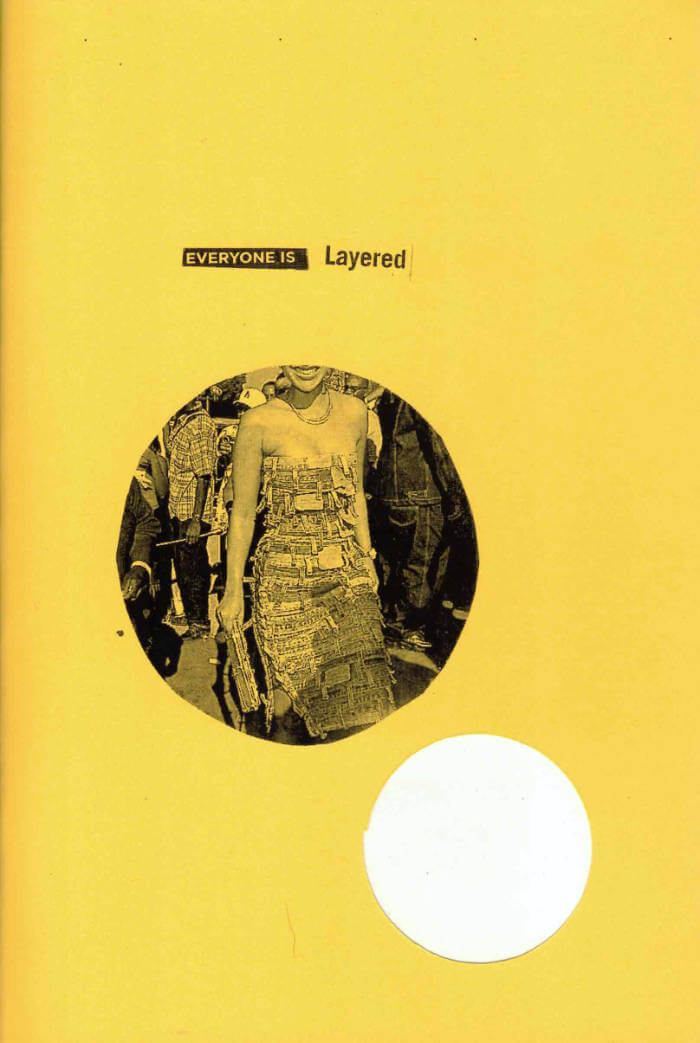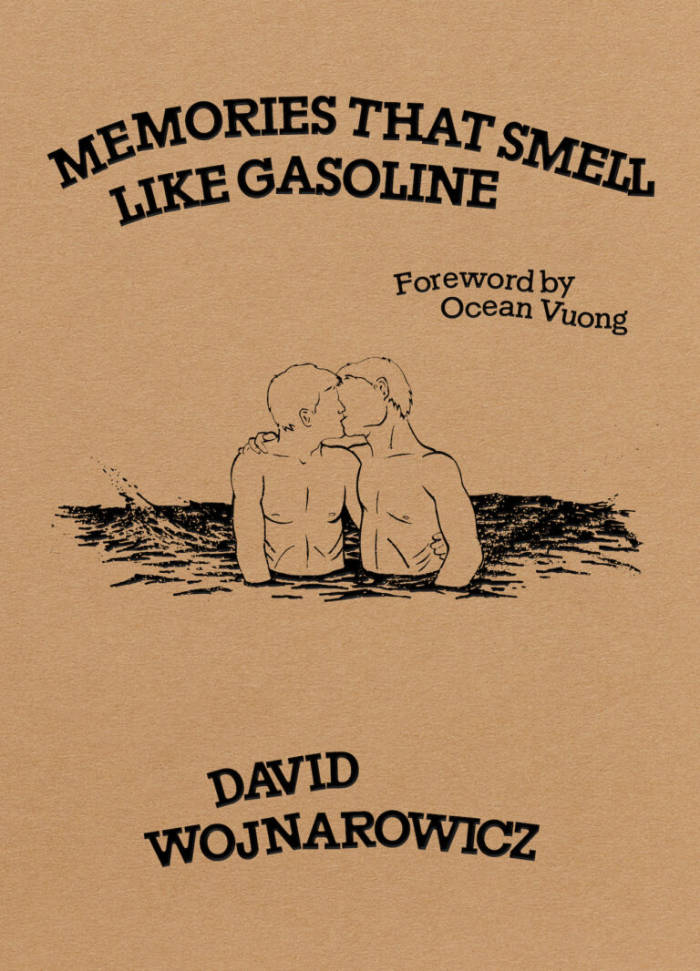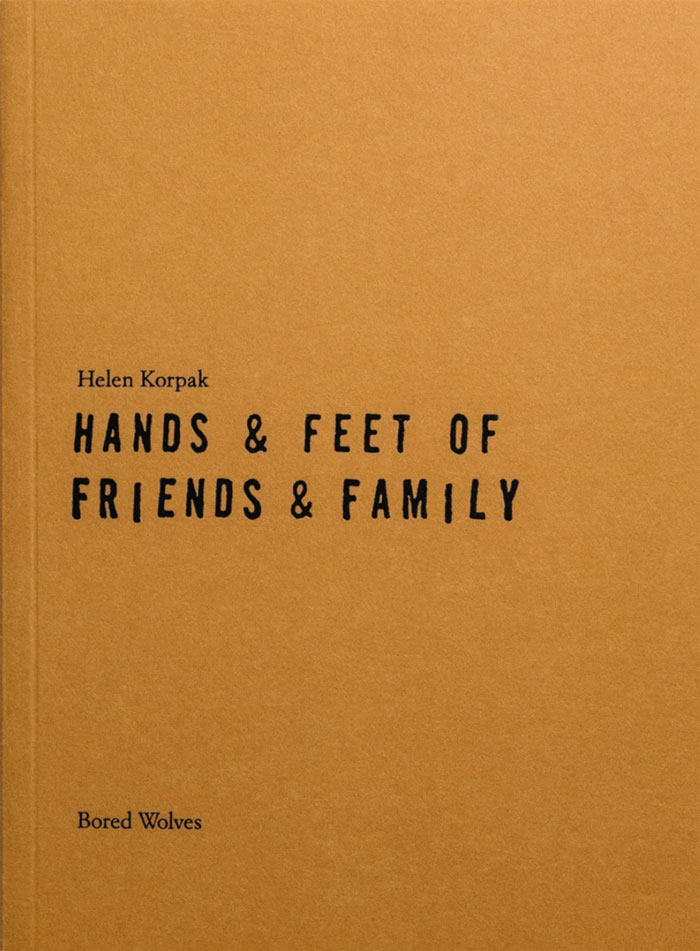
Mother issues and the birth of an image / Complexes de mère et la naissance d'une image
In this essay, written in English and French, Vilnius-based artist Anastasia Sosunova unfolds her research on the history of printing, from Daniel Hopfer’s etchings to underground printers from the Soviet era, and connected the printing “matrix” to the mother figure, referencing Ocean Vuong and Guadalupe Nettel.
Ocean Vuong writes, “I’m not a monster. I’m a mother”; Jeanette Winterson: “She was a monster but she was my monster.” And thus, the monster I refer to is the one that gives birth to the prints that shape the tongues, fears, and beliefs of vast groups of people. Books of marvels and beasts, now considered emblems of a dark age of ignorance and superstition, proliferated in the 15th and 16th centuries thanks to emergent printing technologies and the influential naturalists they helped create. In the illustrations of scientific explorations by Fortunio Liceti, Athanasius Kircher, or Ulisse Aldrovandi, the lines between fact and fiction were irrelevant as they were impossible to discern.
This chapbook is published as part of the project “Mi-Monstre Mi-Livre,” organised by After 8 Books, Ariel Ink, Publication Studio Paris and Six Chairs Books, during a residency at Aperto, Paris, in the framework of the Lithuanian Season in France.







